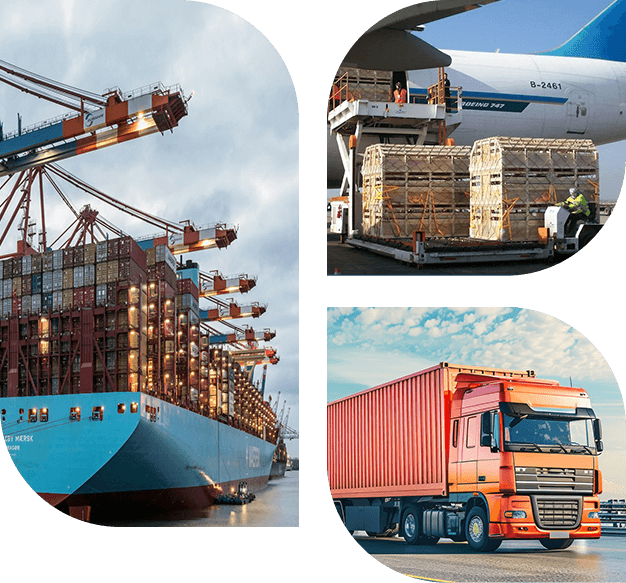The Transformative Power of Air Travel: Exploring the Multifaceted Benefits

Air travel has revolutionized the way we explore the world, connecting distant places and cultures like never before. Beyond the convenience and speed it offers, air travel brings forth a multitude of benefits that extend far beyond the individual traveler. In this article, we delve into the various dimensions of why air travel is good, exploring its economic, social, cultural, and environmental advantages.
- Economic Prosperity:
Air travel plays a pivotal role in fostering economic growth and prosperity. It serves as a catalyst for trade, investment, and tourism, generating employment opportunities and stimulating local economies. By facilitating the movement of people and goods across borders, air travel contributes to the expansion of global markets, enabling businesses to thrive and flourish. Additionally, airports and airlines themselves create jobs and contribute to the development of infrastructure in their respective regions. - Cultural Exchange and Understanding:
Air travel has the power to bridge cultural gaps and promote understanding among diverse communities. It allows individuals to experience different traditions, languages, and customs firsthand, fostering cultural exchange and appreciation. By immersing ourselves in new environments, we gain a deeper understanding of the world's rich tapestry of cultures, promoting tolerance, empathy, and global citizenship. - Educational Opportunities:
Air travel opens up a world of educational opportunities. Students can participate in exchange programs, study abroad, or attend international conferences and seminars. These experiences broaden their horizons, expose them to different perspectives, and enhance their academic and personal growth. By facilitating global collaboration and knowledge sharing, air travel contributes to the advancement of research, innovation, and education across various fields. - Humanitarian Aid and Disaster Relief:
During times of crisis, air travel plays a crucial role in delivering humanitarian aid and providing rapid response to natural disasters. Whether it's transporting medical supplies, emergency personnel, or evacuating affected populations, air travel enables swift and efficient assistance, saving lives and alleviating suffering. The ability to reach remote and inaccessible areas quickly is a testament to the indispensable nature of air travel in times of need. - Environmental Considerations:
While air travel has undeniable benefits, it is essential to address its environmental impact. The aviation industry has made significant strides in reducing carbon emissions through technological advancements, sustainable fuel alternatives, and operational efficiency improvements. Ongoing research and development efforts aim to further minimize the environmental footprint of air travel, ensuring a more sustainable future for the industry.
Conclusion:
Air travel serves as a catalyst for economic growth, cultural exchange, educational opportunities, and humanitarian aid. Its transformative power extends beyond individual journeys, shaping societies and fostering global interconnectedness. As we continue to harness the benefits of air travel, it is crucial to prioritize sustainability and innovation, ensuring a harmonious balance between progress and environmental stewardship.



